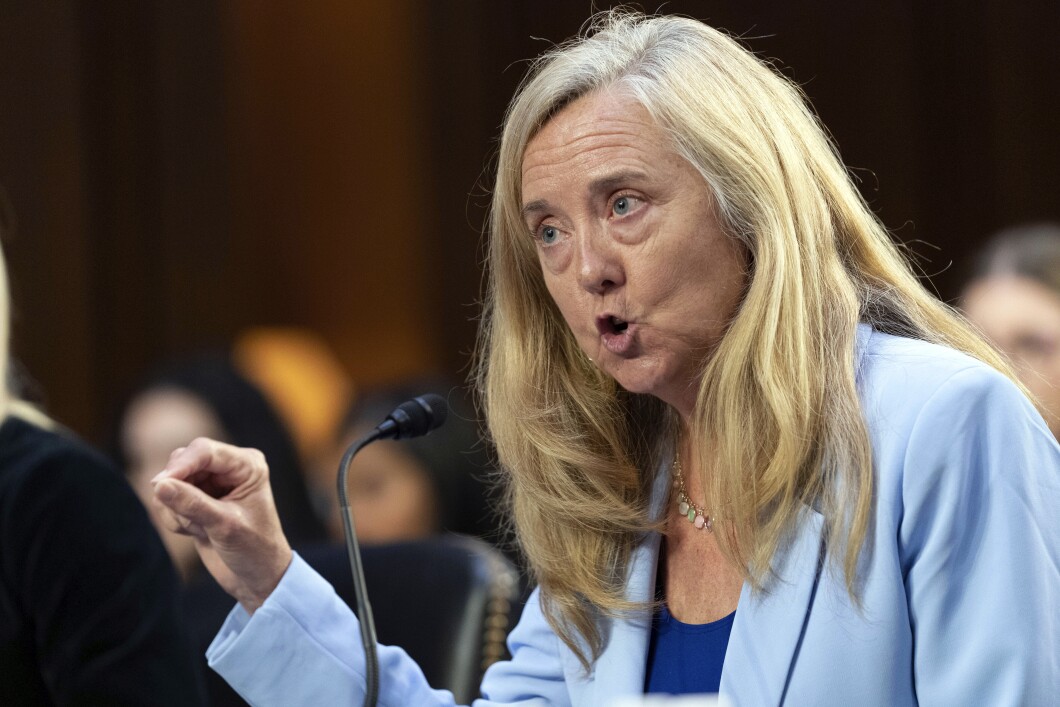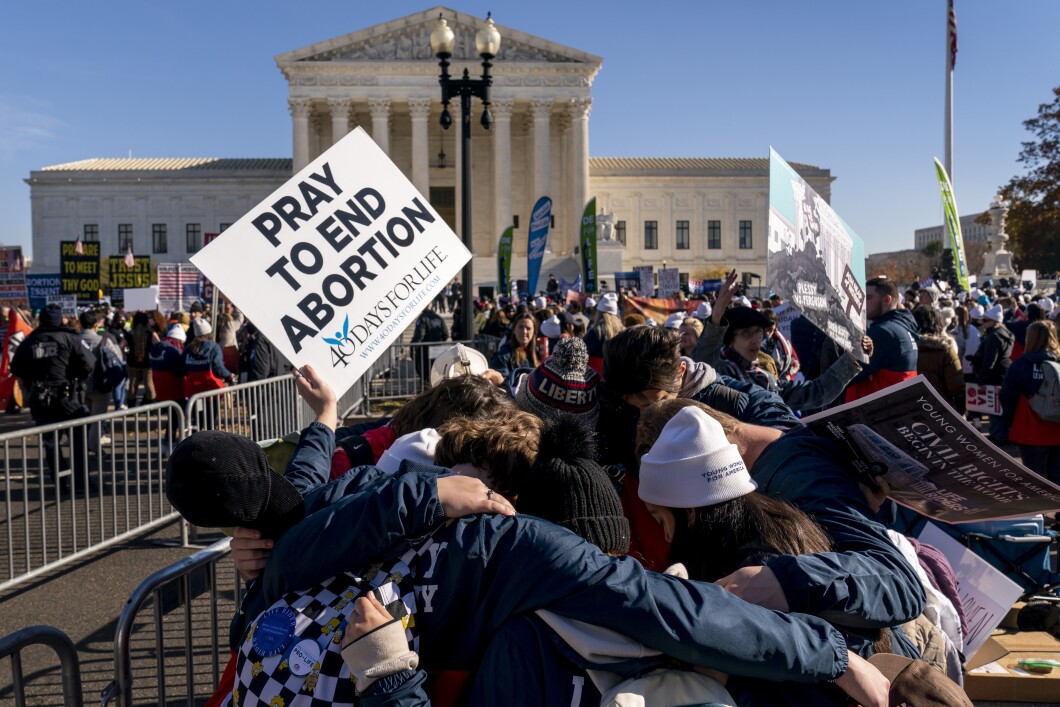
Anti-abortion advocates are confident that the Supreme Court’s decision to review the Food and Drug Administration’s approval of the abortion drug mifepristone will permanently restrict access to the controversial medication.
In August, the U.S. Court of Appeals for the 5th Circuit partially upheld the decision of Texas District Judge Matthew Kacsmaryk to block the FDA’s approval of mifepristone, prompting drugmaker Danco Laboratories to seek emergency relief from the Supreme Court in early September.
VACCINATION RATES LOW DESPITE ‘TRIPLEDEMIC’ WARNINGS
While Kacsymaryk ruled on April 7 that the FDA’s entire approval of mifepristone should be withdrawn due to a lack of rigorous testing after agency protocol, the 5th Circuit only blocked the changes in approval that the FDA made from 2016 to 2023.
The 5th Circuit’s recent decision rolled back regulatory changes made by the FDA in 2016, reverting to pre-2016 rules for the chemical abortion pill. The pre-2016 rules were written so that the pill could only be prescribed and dispensed by a doctor, requiring three doctor visits and in-person pickup by the patient. If upheld by the high court, the decision would effectively limit telemedicine use for receiving mifepristone by mail.
After the Supreme Court’s decision in Dobbs v. Jackson Women’s Health Organization, which allowed states to set abortion laws, Democrats emphasized abortion to rally their supporters in the 2022 midterm elections and several key races in the 2023 off-year elections.
Katie Daniel, legal expert for the anti-abortion group Susan B. Anthony Pro-Life America, told the Washington Examiner that she does not expect this case to be leveraged for political machinations in 2024 as easily as the landmark Dobbs case was.
“This is a very not sexy administrative law case,” Daniel said. “It’s really about whether the FDA followed the requirements of a federal agency.”
Daniel said that although the case is necessarily about abortion because it involves a drug essential to the chemical abortion process, the case is more akin to jurisprudence on regulatory agencies than on abortion access.
“It’s the kind [of case about] who has the right to question the agency and what is the agency’s responsibility to the public as well as its own rules,” Daniel said. “That is what the core of the case is about.”
Other opponents of legal abortion have agreed that the FDA, not abortion access, is on trial in the case.
“This is often framed as a pro-life versus pro-choice issue, but at its root, this is about holding the FDA accountable,” Ingrid Skop, of the anti-abortion research organization the Charlotte Lozier Institute, told the Washington Examiner.

One aspect of the science that Skop, who has over three decades of experience as an OB/GYN, is eager for the court to review is the lack of data on the rates of complication for mifepristone users.
The Charlotte Lozier Institute conducted a study of the 17 state Medicaid programs that cover elective abortions and found that 1 in 20 women visited an emergency room within one month of a chemical abortion. Other studies have found that between 15% and 35% of women prescribed mifepristone do not return to their physicians for follow-up care, leaving the true complication rate unknown.
In 2016, the FDA removed a mandate for complication reporting that it had originally required when approving mifepristone in 2000. Such reporting became even less accessible when the pills became available by mail order.

The legal fight against mifepristone started in November 2022 when a group of religious doctors known as the Alliance for Hippocratic Medicine sued to reverse the FDA’s 2000 approval of the drug. That group is being represented by the Alliance Defending Freedom, the conservative legal group that also helped pave the way for the outcome in the Dobbs case.
More than 400 biotech and pharmaceutical companies signed a letter in April stating that Kacsmaryk’s ruling undoing the 2000 approval for the drug could set a precedent allowing courts to “overturn drug approvals without regard for science, or for the complexity required to fully vet the safety and efficacy of new drugs.”
However, ADF senior counsel Erik Baptist told the Washington Examiner that he believes a high court decision to uphold the 5th Circuit’s ruling “should have no impact on other drug products.”
That’s due in part to the Supreme Court’s rejection of a separate petition that sought to have the high court weigh in on the FDA’s approval of mifepristone from 2000, meaning the justices will only consider changes to the drug’s accessibility that were made after 2016.
“The FDA’s actions on chemical abortion drugs are so egregious and unmatched that a court decision against the agency in our case should have no impact on other drug products,” Baptist said. “The FDA chose politics over science when it authorized the current unmanaged, unsupervised mail-order abortion scheme.”
Skop also said she’s optimistic about the Supreme Court’s decision to review the data on mifepristone and the policies of the FDA.
CLICK HERE TO READ MORE FROM THE WASHINGTON EXAMINER
“I think when you look at the science, you recognize that the way chemical abortions are being allowed to be used without any medical supervision is very dangerous for women,” Skop said.
“You can be pro-life, pro-choice, pro-whatever; but if you’re pro-patient safety, the FDA and all of its friends who have been making these political decisions are a disgrace and women deserve better,” Daniel said.





